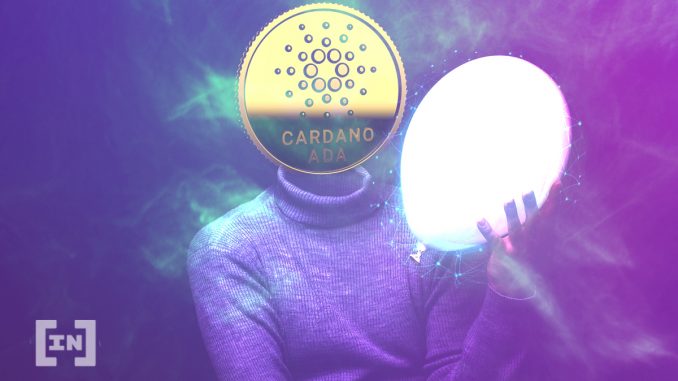
Cardano will see smart contracts launch on the public testnet on Sept 12, bringing the much-anticipated upgrade to the public.
Input-Output Hong Kong (IOHK), the development team behind Cardano, announced that the smart contract upgrade will launch on the public testnet on Sept 12. The company tweeted on Sept 7 that the Cardano update, called Alonzo, will trigger the hard fork over the weekend.
Alonzo is a major step forward for Cardano, bringing smart contracts to a network that has been in development for years. It’s one of the biggest upgrades to arrive and could make the network a real contender in the decentralized app (dApp) space.
IOHK itself calls Alonzo the “most significant upgrade yet.” Cardano itself has long been talked about as a competing network to Ethereum, but the methodical and unhurried pace of development has only just made the platform ready for that.
Many believe that the smart contract upgrade will be all-important, understandably, as it opens up a world of dApps. Vitalik Buterin has offered his own thoughts on Cardano, saying that it is doing some interesting things.
The core Plutus smart contract capability will be deployed using Cardano’s HFC technology, accompanied by compatibility upgrades. The Cardano team will be hosting a live stream to talk more about Alonzo and the future of development.
Before the price crash this week where bitcoin climbed back above $50,000, Cardano’s ADA token had been doing quite well. It remains one of the standout performers in 2021, buoyed by major development milestones. With the current slate of upgrades coming to Cardano, the prospects for the assets are looking good.
Cardano’s roadmap looking good
Cardano’s roadmap is well-known for being detailed and meticulous in its path of development. Development is classified into distinct eras, named after famous thinkers and poets. The current era, Goguen, is focused on smart contracts.
The eras still to come, Basho and Voltaire, will see governance, scaling, and technical improvements. These are not expected to begin development until much later. Given Cardano’s track record, however, things are going well for the project.
Most recently, Cardano announced that it would launch an ERC-20 converter to move assets between Ethereum and Cardano. The tool will first launch on the testnet, but it’s clear that the project is taking a very robust approach to ensure a successful upgrade. As far as the network goes, Cardano has crossed above 650,000 staking addresses in July.
Naturally, expectations for Cardano are high. The real field test will arrive after the smart contracts launch and should give an indication of the network’s utility.
Disclaimer
All the information contained on our website is published in good faith and for general information purposes only. Any action the reader takes upon the information found on our website is strictly at their own risk.






Be the first to comment